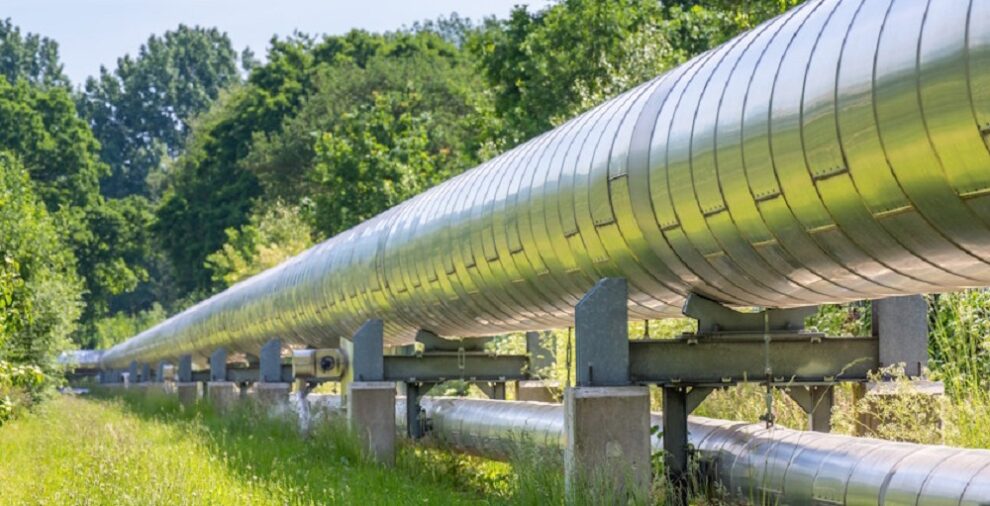Bulgaria will decide on its own what to do with the proceeds from an additional charge for the transit of Russian gas through its territory, according to the European Commission.
The European Commission is analyzing the effects of Bulgaria’s transit tax on Russian gas on affected countries. It didn’t reprimand the government in Sofia even though Hungary and Serbia protested against the measure. Costs may rise for Greece, North Macedonia and Bosnia and Herzegovina as well.
Where revenues are intended to go is a question for Bulgarian authorities, the European Commission’s spokesperson for climate action and energy Tim McPhie told reporters. It is “a national measure,” in his words. Bulgarian Prime Minister Nikolay Denkov said last week that consultations are underway with the commission and that the revenues could go to the European Union’s budget.
President of Bulgaria Rumen Radev has filed a complaint with the Constitutional Court against the transit tax for Russian gas
“We’re in close contact with Bulgaria and with other, affected countries to assess and to discuss the possible effects of this measure,” McPhie stated. He noted that the EU’s sanctions packages against Russia include oil and coal embargos, but not gas imports. “Of course, within the context of our REPowerEU plan, we are committed to reducing our imports of all Russian fossil fuels as soon as possible,” the spokesperson stressed.
Bulgaria rolled out a transit fee of EUR 10.2 per MWh of Russian gas on October 13, prompting harsh criticism from Hungary and Serbia. On October 26, President of Bulgaria Rumen Radev challenged the levy by turning to the Constitutional Court. Among other arguments, he pointed out that the additional payment is called a “contribution” while the national law only defines taxes, fees and duties.
The government claimed the measure would only affect Gazprom, the gas importer, and that it wasn’t aimed at increasing costs for consumers in Hungary and Serbia.
Source : Balkan Green Energy News











Add Comment